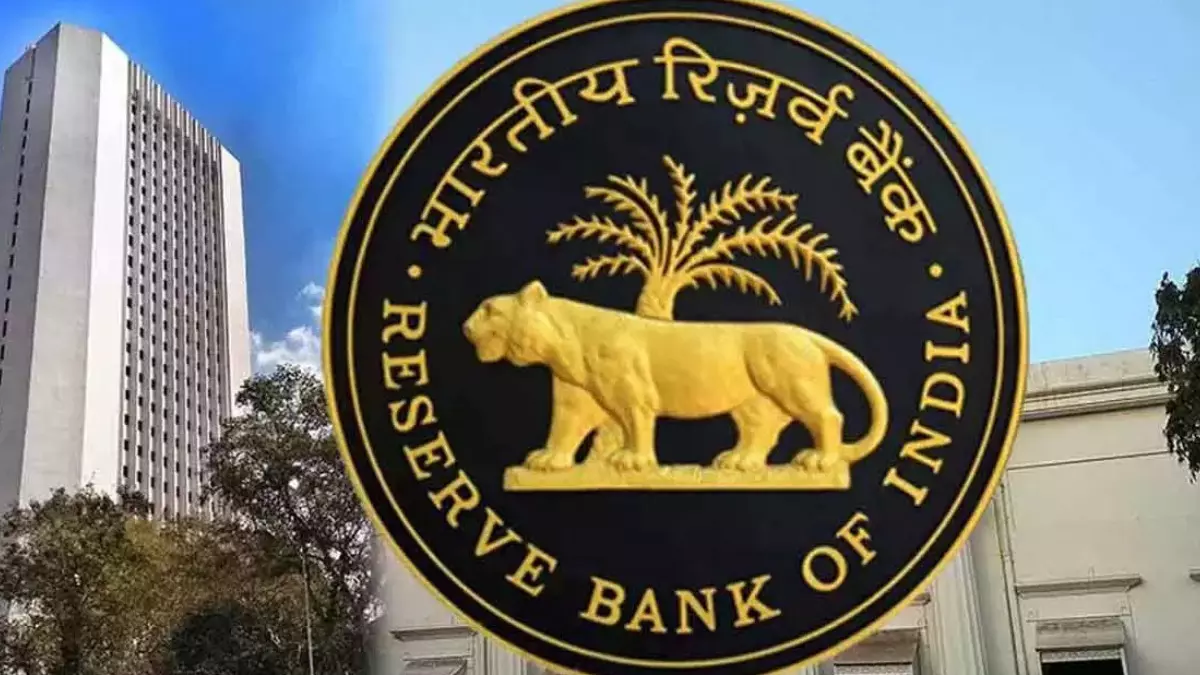RBI May Bar PE Firms from Owning Significant Stakes in Domestic Banks
Though the Reserve Bank of India (RBI) remains open to the idea of allowing foreign banks to own a 26% stake in domestic lenders, private equity firms are unlikely to get the required approvals, sources told NDTV Profit.
RBI Set to Bar PE Firms from Owning Significant Stakes in Domestic Banks

Though the Reserve Bank of India (RBI) remains open to the idea of allowing foreign banks to own a 26% stake in domestic lenders, private equity firms are unlikely to get the required approvals, sources told NDTV Profit.
The banking regulator remains cautious about the rapid stake sales by these investors in domestic banks, sources quoted above said.
For instance, private equity funds who invested in Yes Bank exited their stake in a few years. This move prompted the RBI to limit their participation in Indian banks. RBI had allowed Advent International and Carlyle to own 9.99% stake each in Yes Bank in 2022.
The central watchdog also flagged the concerns pertaining to the source of funding, sources said. Concerns also surrounded around the possibility of corporate individuals owning sizable stakes in domestic banks through PEs, which the regulator wants to avoid. Previously, private equity funds declined to share their list of limited partners for RBI to review.
RBI will also allow non-bank investors to enter domestic banking only in bank rescue operations.
However, RBI is open to allowing foreign banks to own up to 26% stake in domestic lenders, sources said. This will only be allowed to those investors who plan to stay invested for the long run.
RBI is not willing to make any recommendations to the government to raise the 26% limit, sources said. Foreign direct investment (FDI) in private banks is allowed up to 74%, while individual investors can only control a 15% stake currently.
Even in exceptional cases where higher shareholding is permitted, a single investor’s voting rights in a listed private bank are capped at 26%, significantly restricting foreign investors’ ownership and control.
Notably, the developments come at a time when the government is reportedly considering raising the foreign direct investment (FDI) limit in public sector banks from the current 20%.
Any change in raising voting rights beyond 26% will require legislative changes, as this ceiling is prescribed in the Banking Regulations Act. Sources said that these legislative changes will be time-consuming and will require the RBI to first make a formal recommendation.

